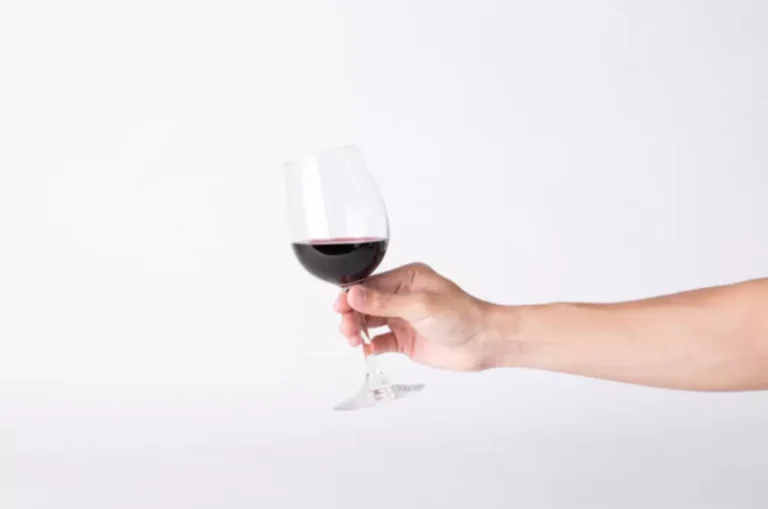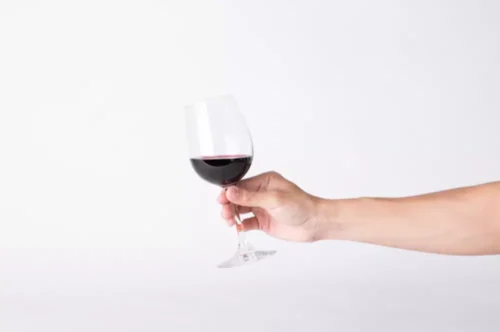Why Does Alcohol Cause Dehydration?

Overall, the dehydrating effects of alcohol can vary widely depending on a range of factors. It is essential to be aware of these factors and take steps to mitigate the risks. While beer typically has a lower alcohol volume than other alcoholic beverages such as liquor, it https://ecosoberhouse.com/ still has enough to cause dehydration. Having one glass of wine with dinner will likely not cause dehydration. However, drinking wine in excess can lead to dehydration because of the alcohol and the sugar content.
- Your body uses vitamin B12 to eliminate alcohol from your body and aids in breakdown of carbs.
- Severe dehydration can cause feelings of dizziness, the appearance of sunken eyes, fainting spells, increased heart rate, and even loss of consciousness.
- Excessive urination causes your body to lose vital electrolytes.
- To understand how wine dehydrates you, we have to break down the dehydrating effects of alcohol overall.
- Reaching for hydrating beverages is the best way to alleviate a hangover’s unpleasant effects — but not every liquid fits this bill.
Hydration Supplements to Combat Alcohol Dehydration
Studies have pointed to additional causes, such as inflammation, gastrointestinal irritation, and poor sleep. The Alcohol Use Disorders Identification Test assesses whether your drinking habits indicate a risk of alcohol dependence. Dehydration can also impact heart function, increasing the risk of heart attack or stroke, especially in people with pre-existing heart conditions. Alcohol consumption can also impair the body’s ability to regulate its temperature. This is because alcohol can affect the hypothalamus, the part of the brain that controls body temperature.
How long does it take to rehydrate your body after drinking alcohol?

Lack of fluids can increase the risk of UTI and kidney stones. It aids digestion, removes waste products, protects organs and tissues, controls body temperature, and regulates the body’s acid-base balance. Thirst is often the first noticeable signal that you’re dehydrated.

Alcohol’s diuretic effect

These products contain electrolytes, potassium, sodium, and chloride – all of which your body loses with higher urine output. While any kind of alcoholic drink will dehydrate you to at least some extent, those with higher alcohol content will cause more dehydration. This includes most hard liquor like whisky, vodka, rum, and gin. These are all over one-third alcohol in total content and thus are more likely to dehydrate you. Fortunately, researchers have discovered these effects are not sustained over multiple drinks.
- It’s up to you to decide if the pleasures of alcohol are worth the potential next-day effects.
- The easiest way to do this is to stop dehydration before it starts — and, no, that doesn’t mean you have to give up happy hour altogether.
What’s perhaps more surprising, though, is that scientists does red wine dehydrate you have known that alcohol does not cause dehydration since as early as 1942. Most importantly, LivPur Hydration helps replenish the loss of vitamin B12, which is considered the most important hangover helper. Dehydration certainly contributes to hangovers but it’s just a piece of the puzzle.
- Have you ever wondered why a night of drinking often leaves you parched and reaching for water the next morning?
- According to one study in the Journal of Alcohol and Alcoholism, one drink of alcohol can lead to a 2-4% increase in additional urine output.
In order to break this substance down and remove it from the body, your liver does most of the work of turning it into acetate. Heavy alcohol use can also lead to other health problems, such as cancer and liver disease. Older adults also are more likely to have balance, hearing, and eyesight problems. This puts them at higher risk for falls, broken bones, and car crashes tied to drinking.
- People who are already at risk of dehydration should avoid or limit their alcohol consumption.
- In addition, increased urination can cause the loss of electrolytes, especially potassium and sodium, which are crucial for maintaining the body’s fluid balance.
- The word ‘moderate’ is commonly played out when it comes to alcohol consumption, including packaging and advertising.
Monitor your fluid intake and how much urine you are producing. Large amounts of dark-colored urine could indicate dehydration. Most hard liquors have high alcohol content; the alcohol by volume (ABV) of liquor is around 40%.
To understand how wine dehydrates you, we have to break down the dehydrating effects of alcohol overall. Even though wine contains some amount of water no matter what, wine indeed dehydrates you to a certain extent if you drink it without matching each serving with a glass of water in turn. Alcoholic beverages like wine have their pleasures, but drinking too much wine or other alcohol in short order can leave you feeling dizzy, tired, and even with a headache. All of these are common symptoms of dehydration, which is why many people believe that wine dehydrates you after you drink it. For example, exercising while drinking can lead to greater dehydration due to increased sweating. Similarly, taking certain medications, such as diuretics or antihistamines, can exacerbate alcohol’s dehydrating effects.
Alcohol Is Slowly Metabolized by the Body
By implementing proper hydration strategies and following some helpful Drug rehabilitation tips, you can help maintain adequate hydration levels while enjoying your drinks. Some of the most obvious signs of dehydration caused by alcohol include thirst, headaches and dark yellow urine. These symptoms are likely to be masked by alcohol consumption, which can make them more difficult to spot, too. Being aware of these common signs, as well as the more unusual ones, can help you to be proactive when it comes to your own alcohol consumption and also help someone else in need.


